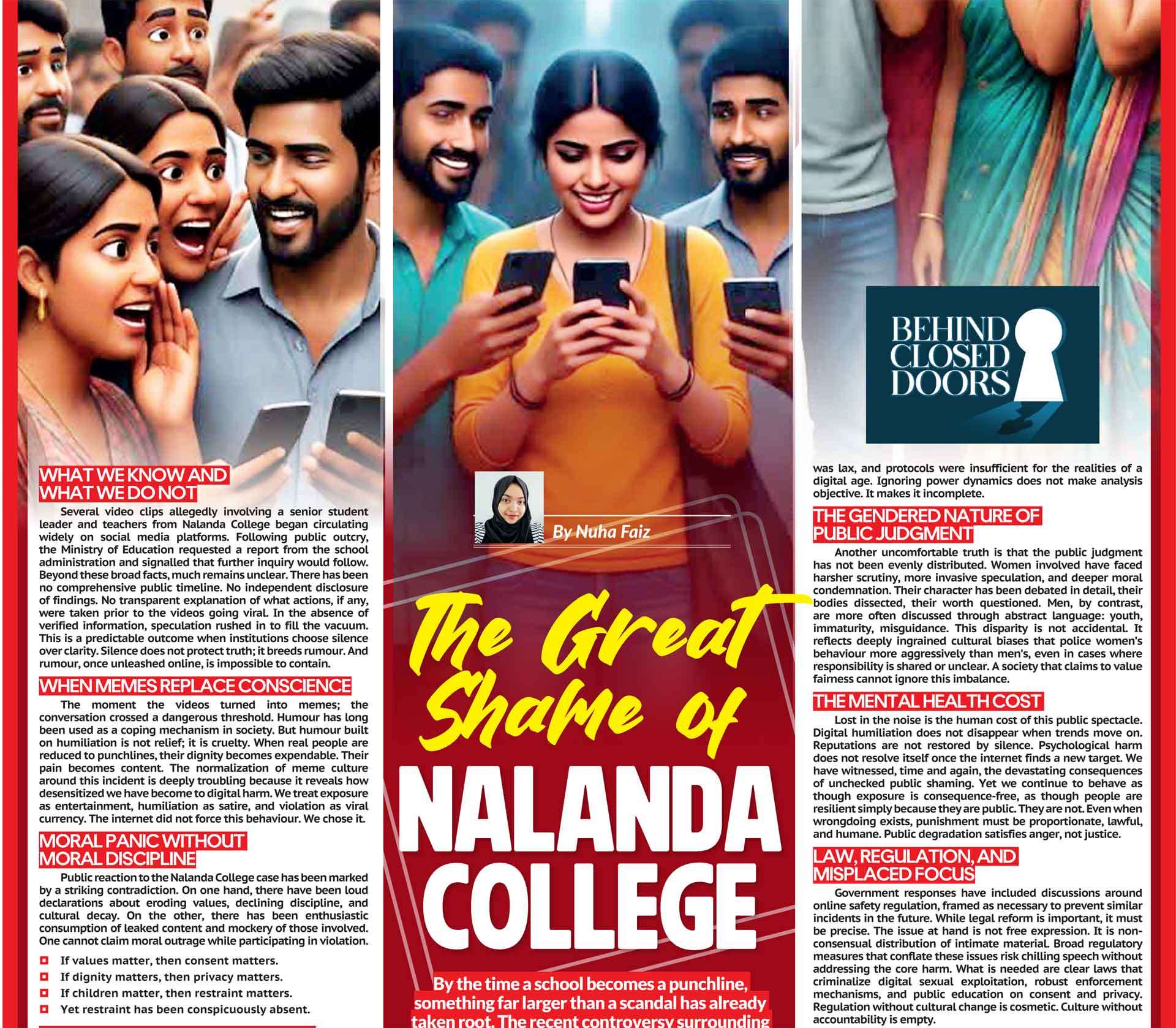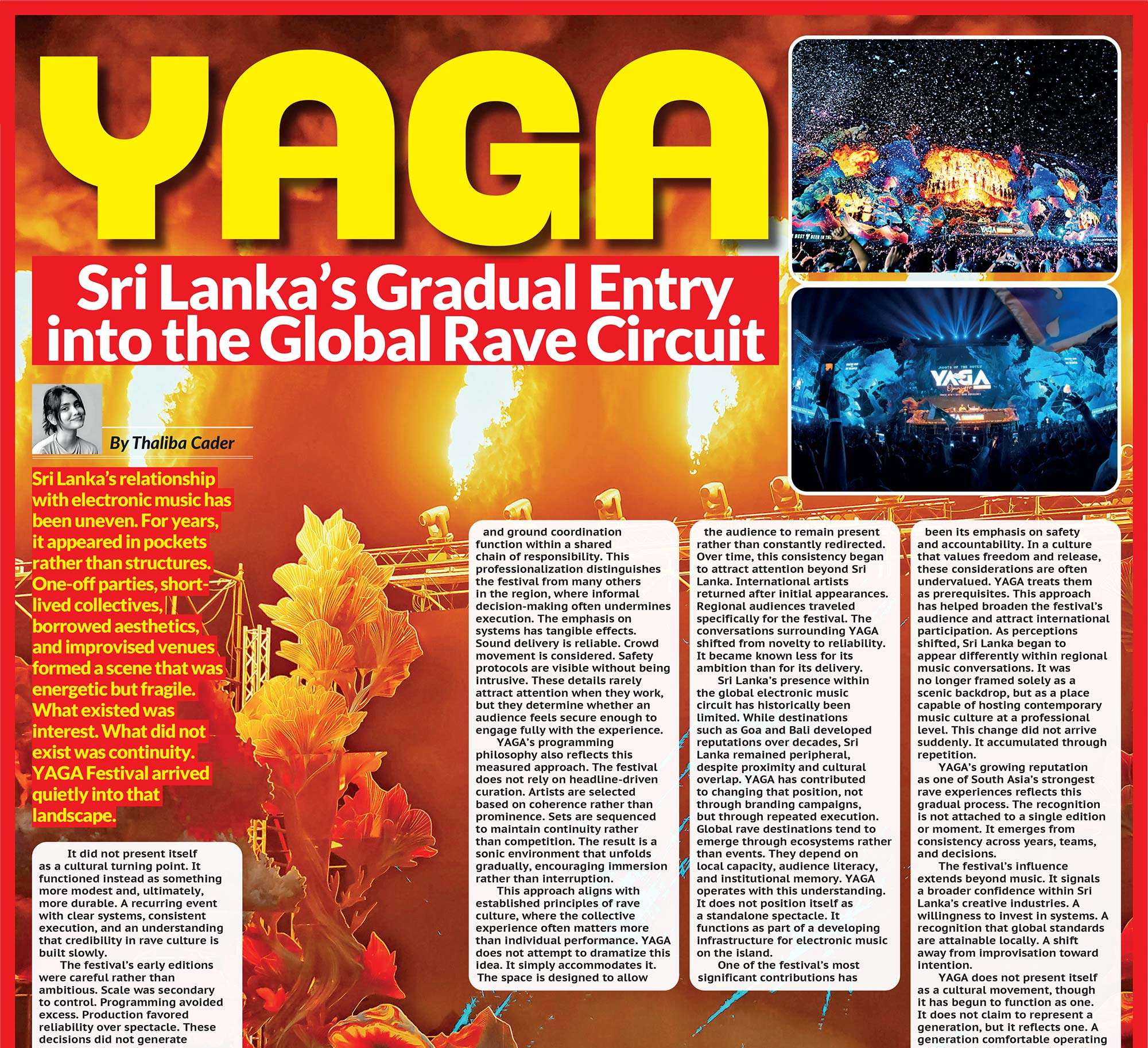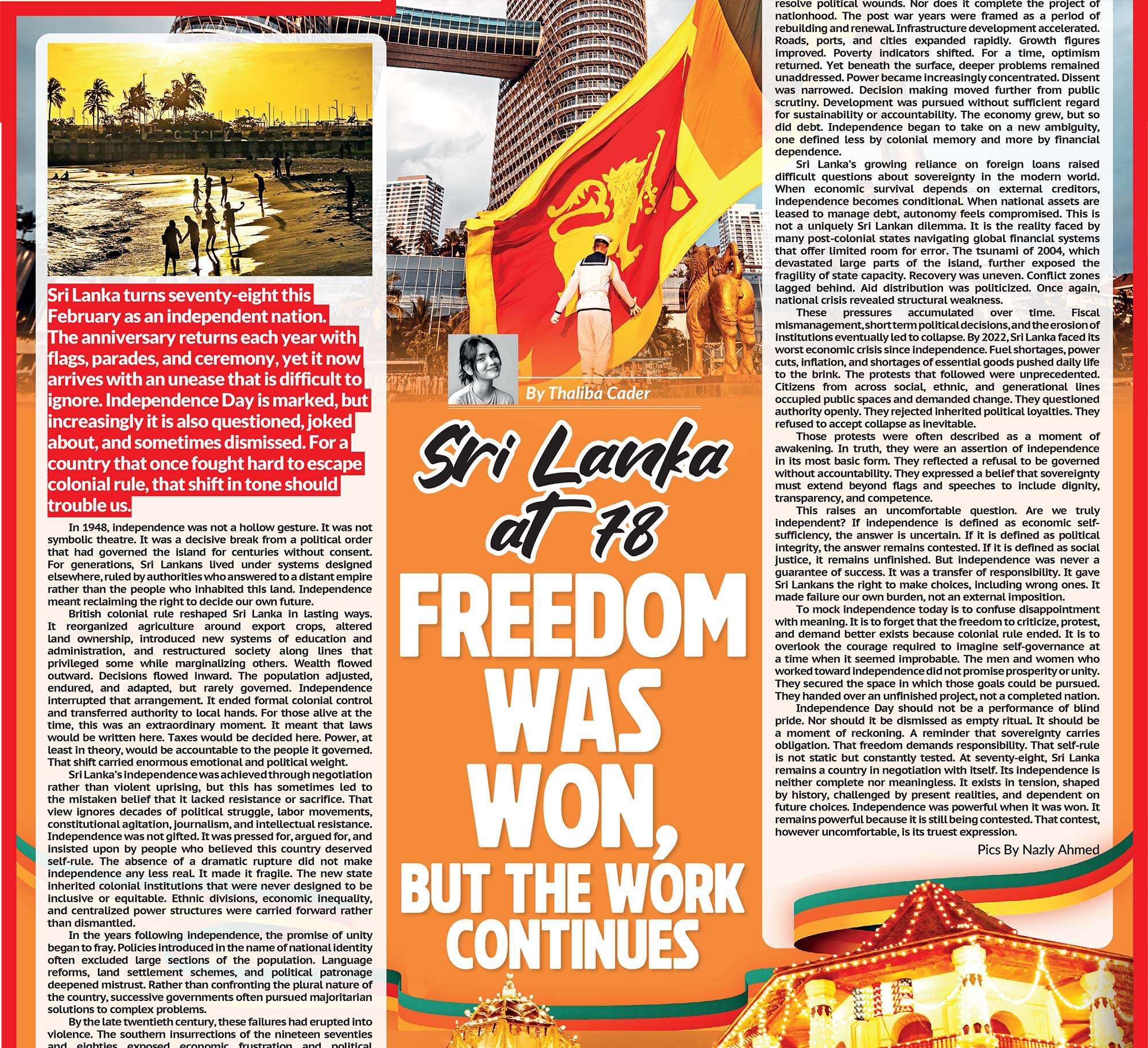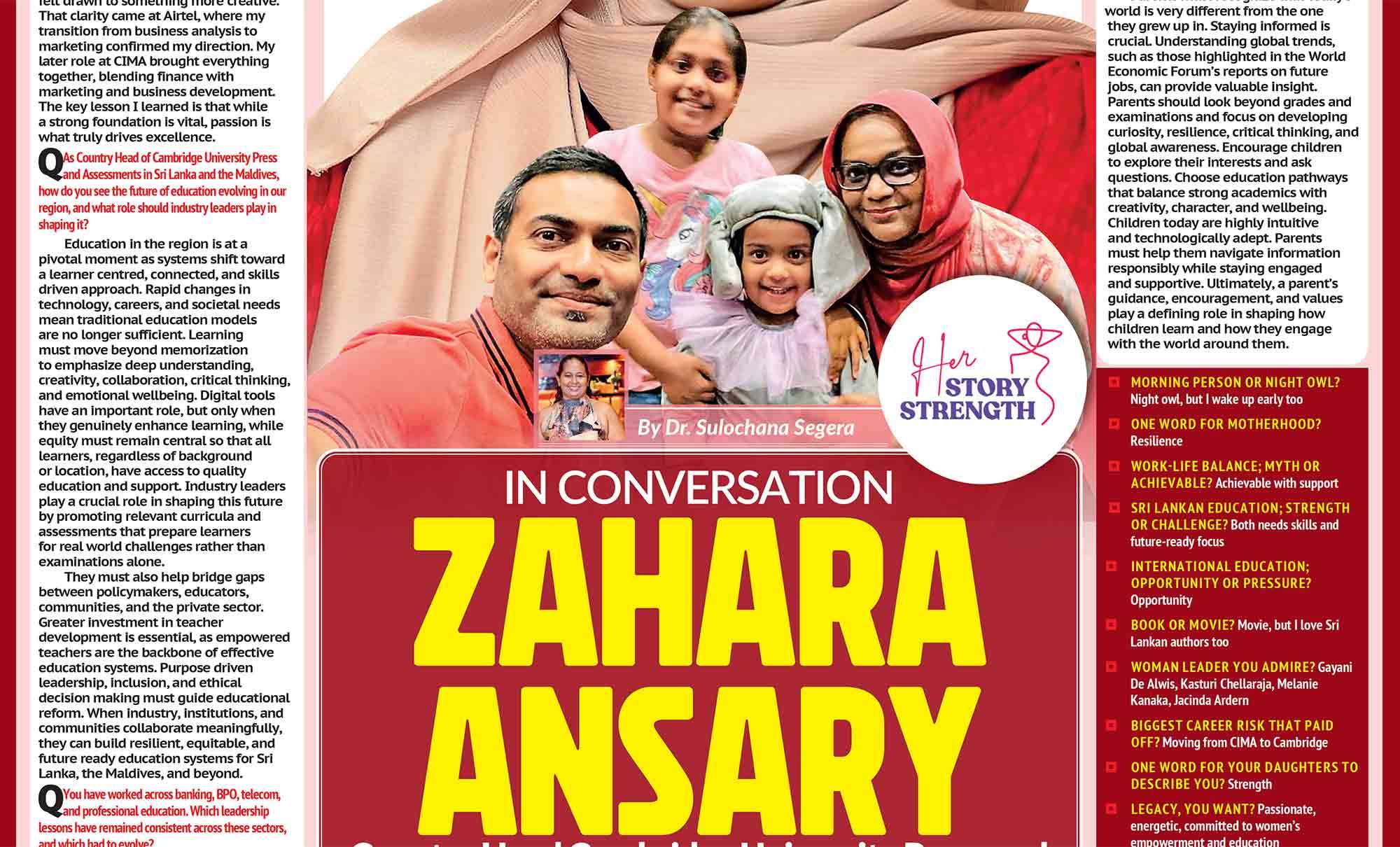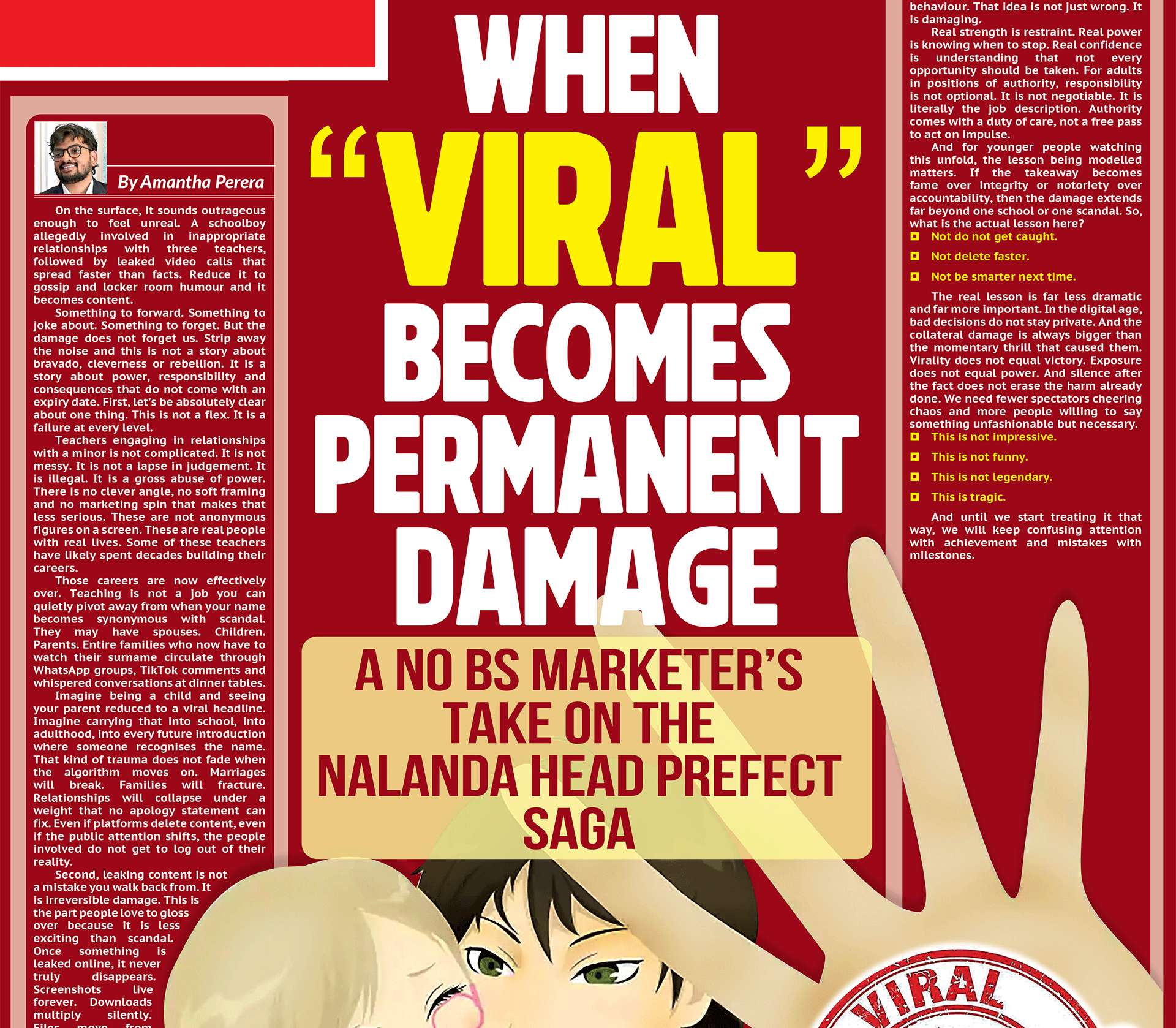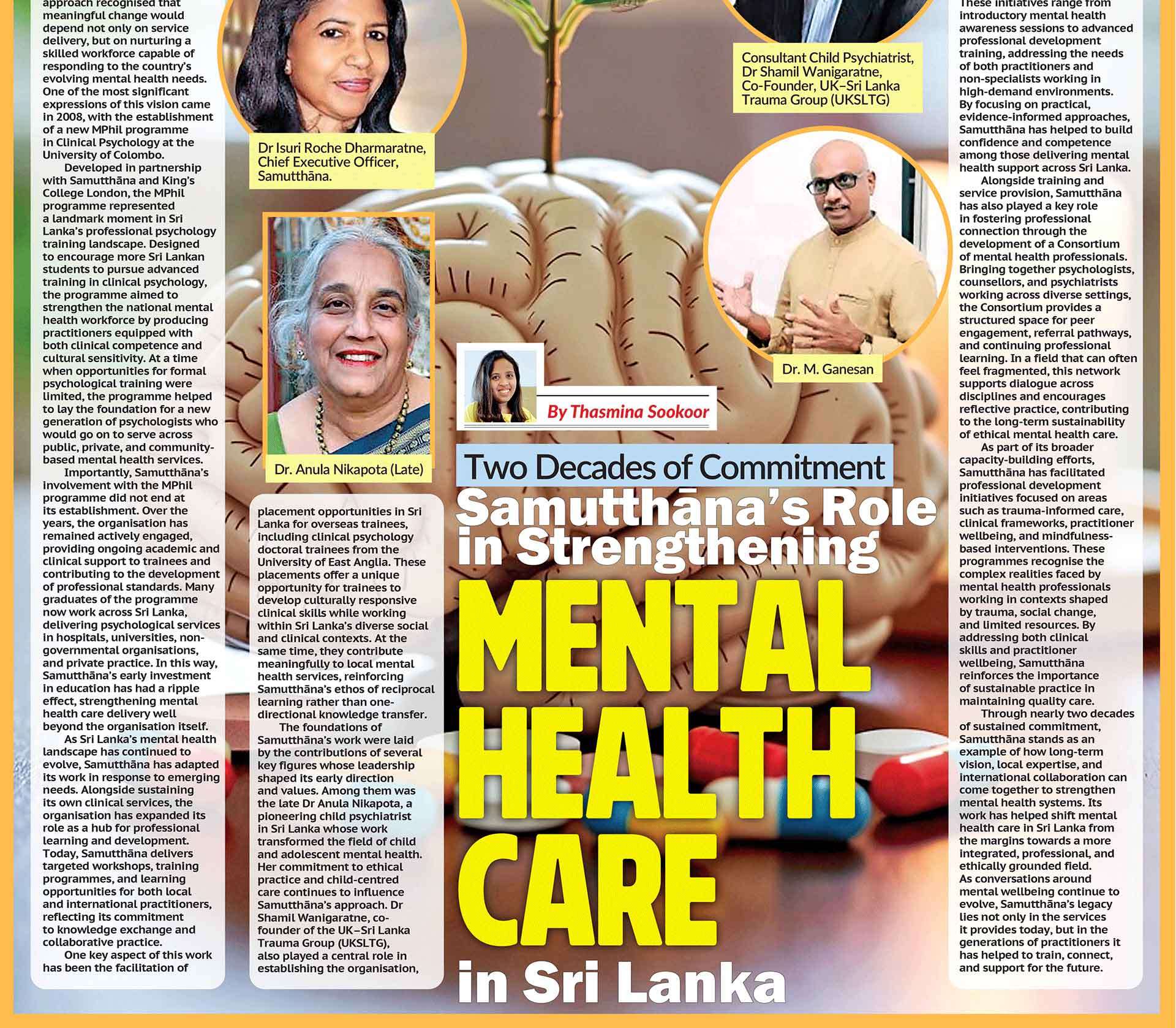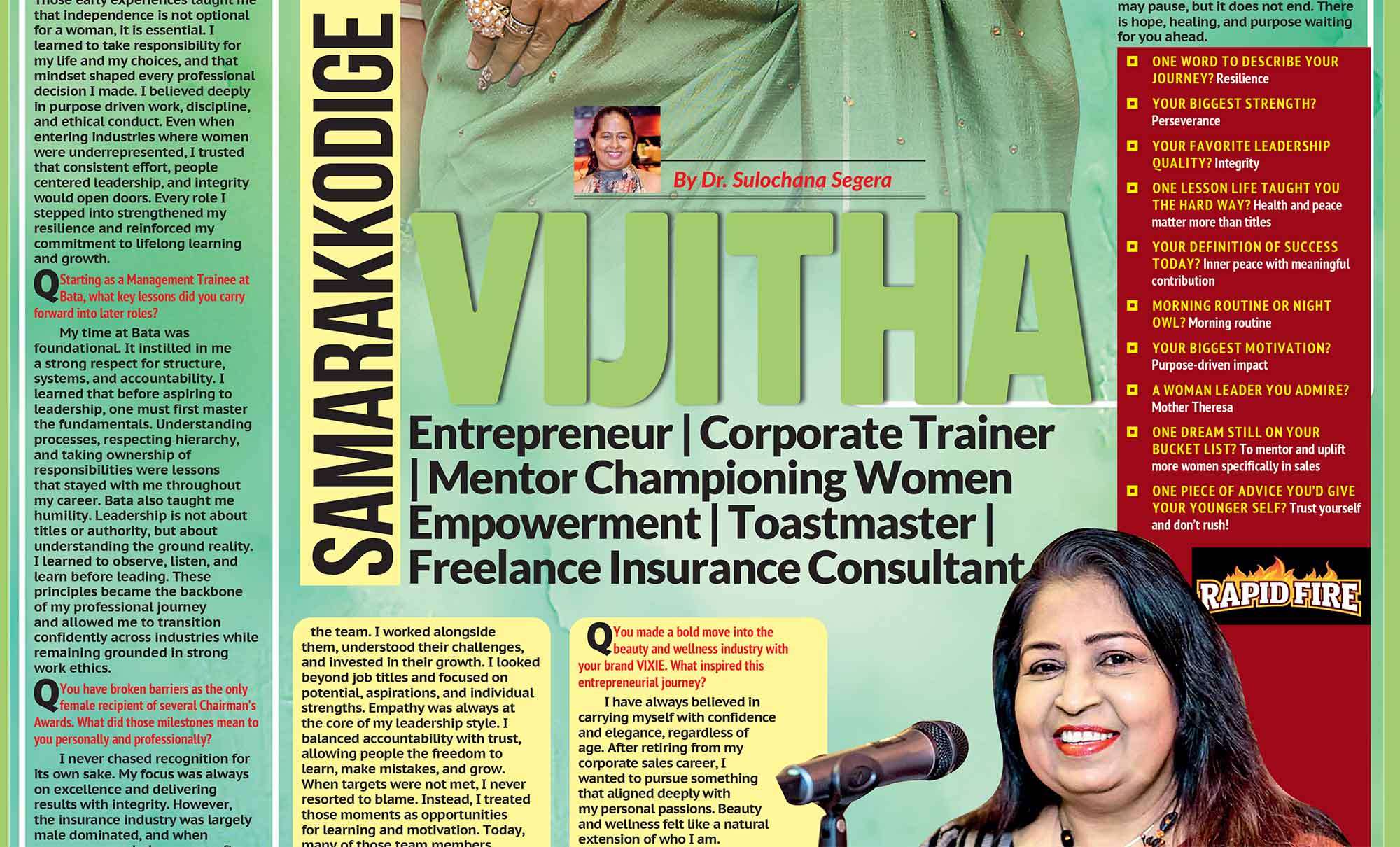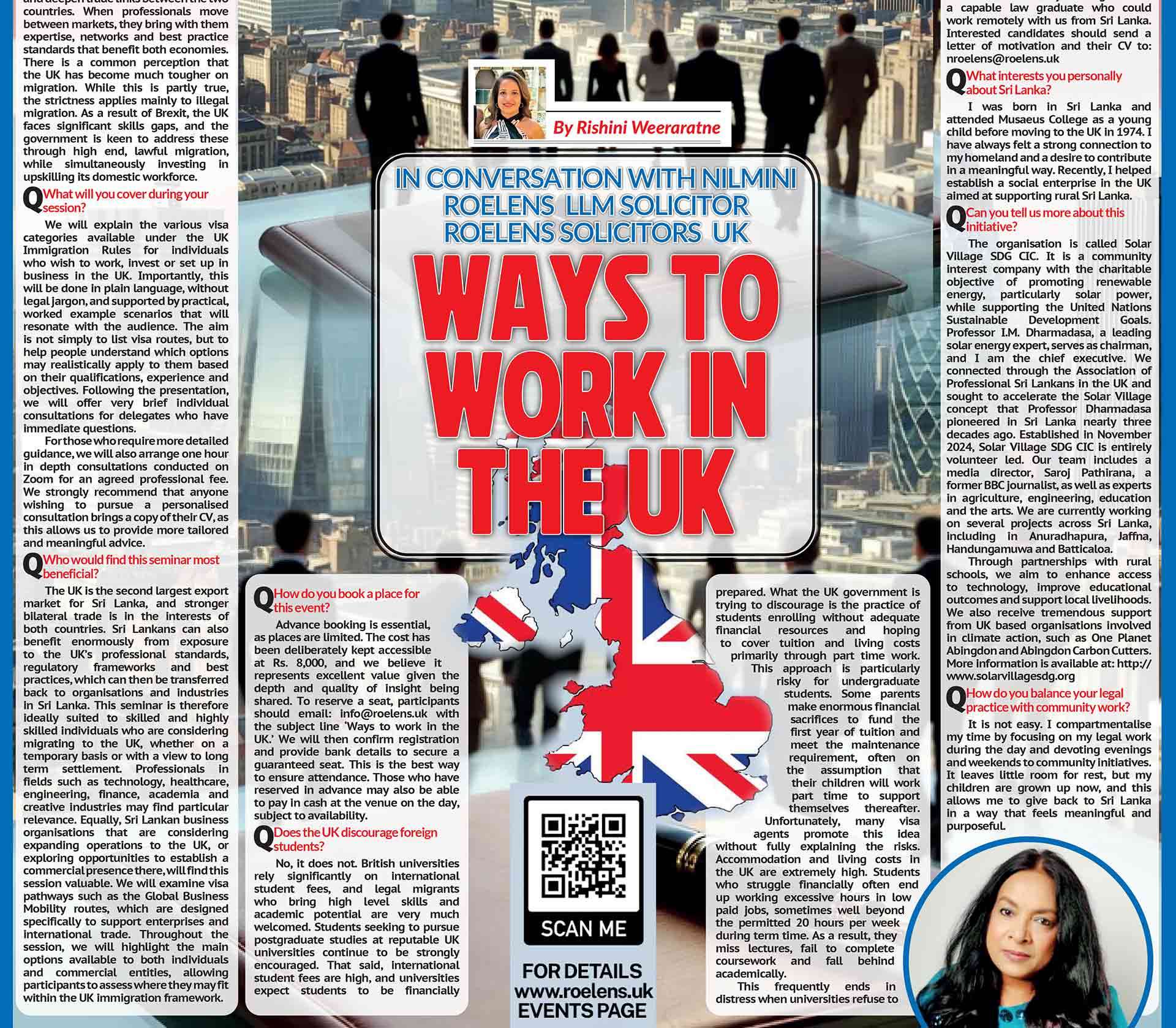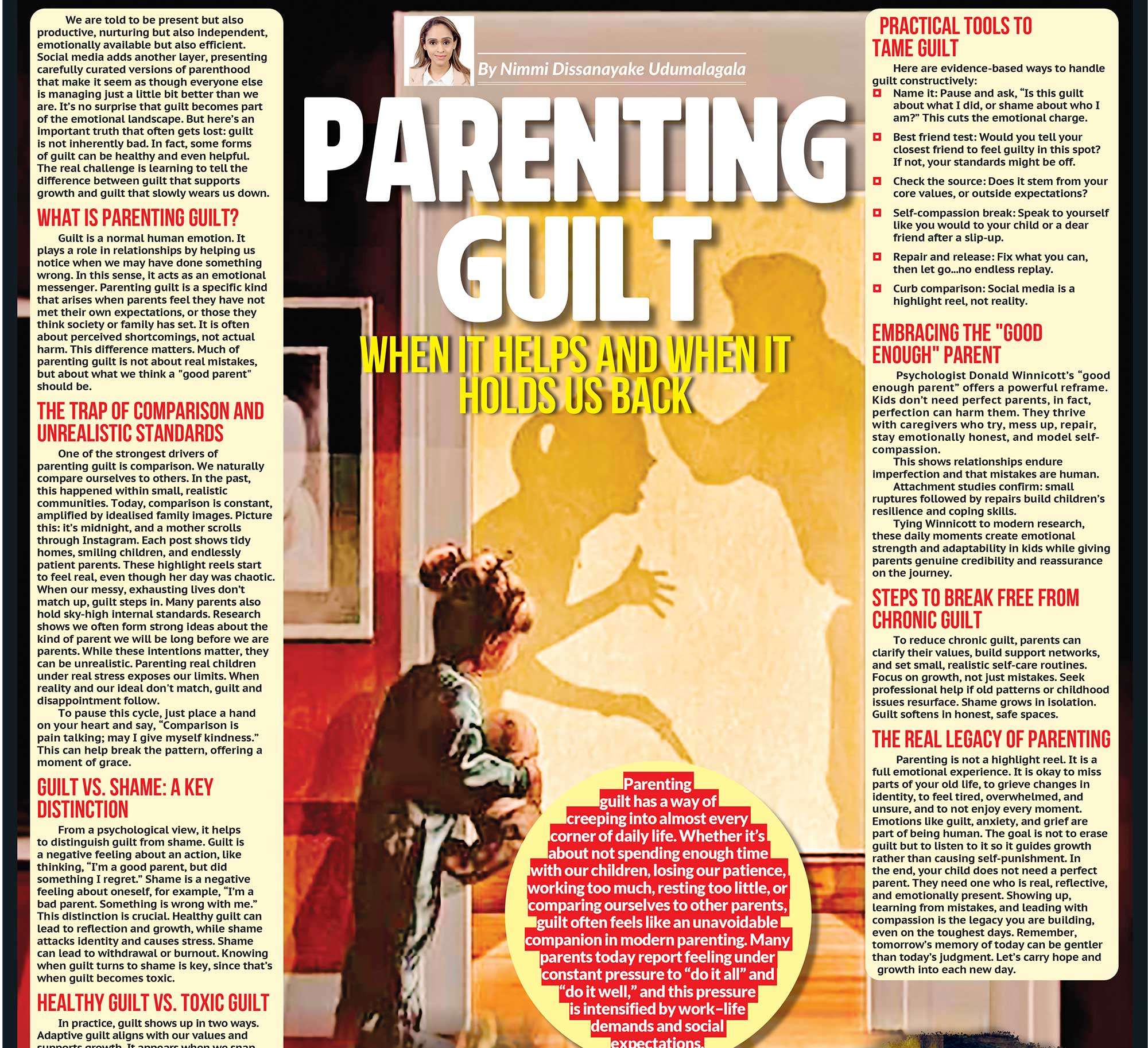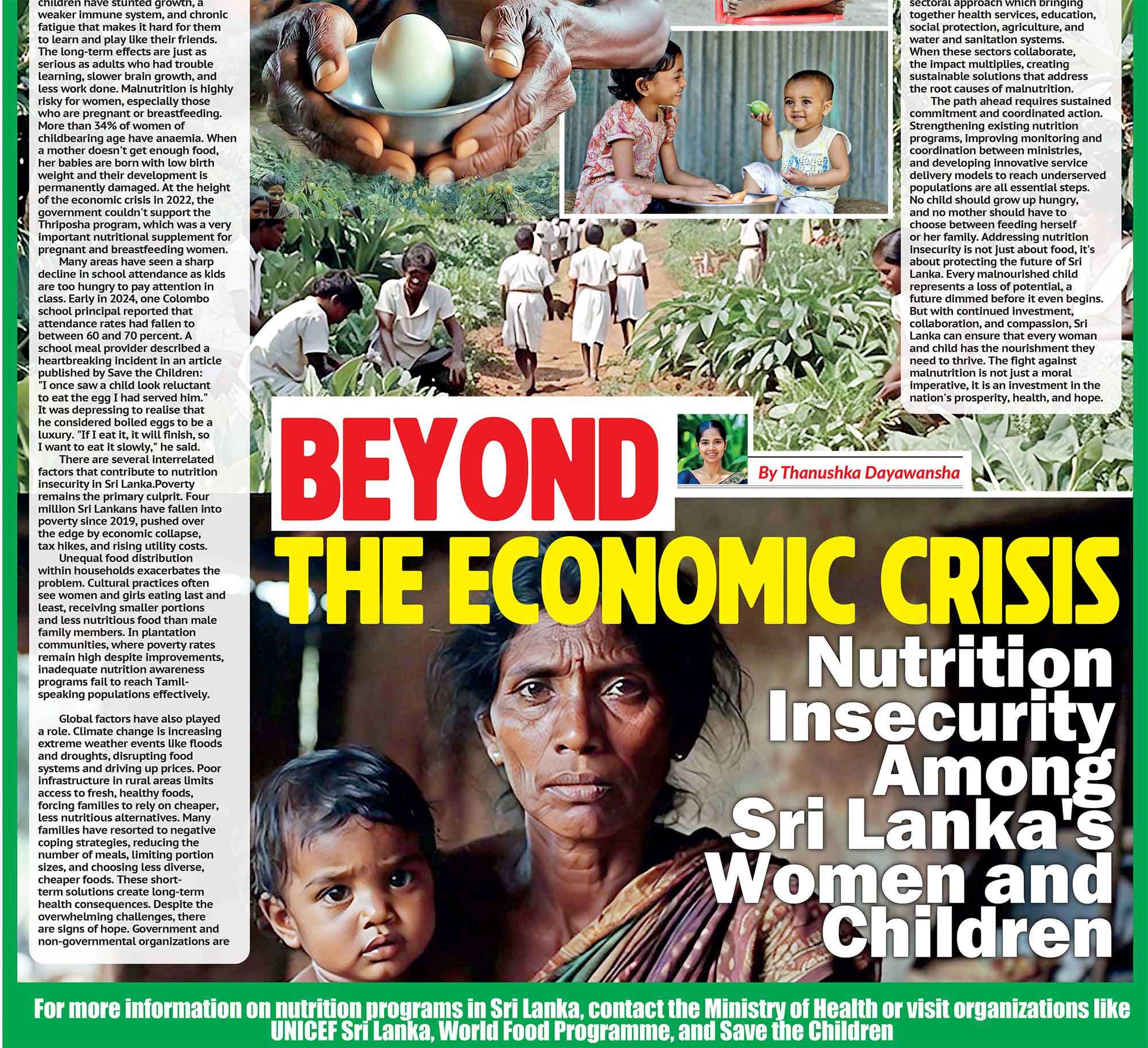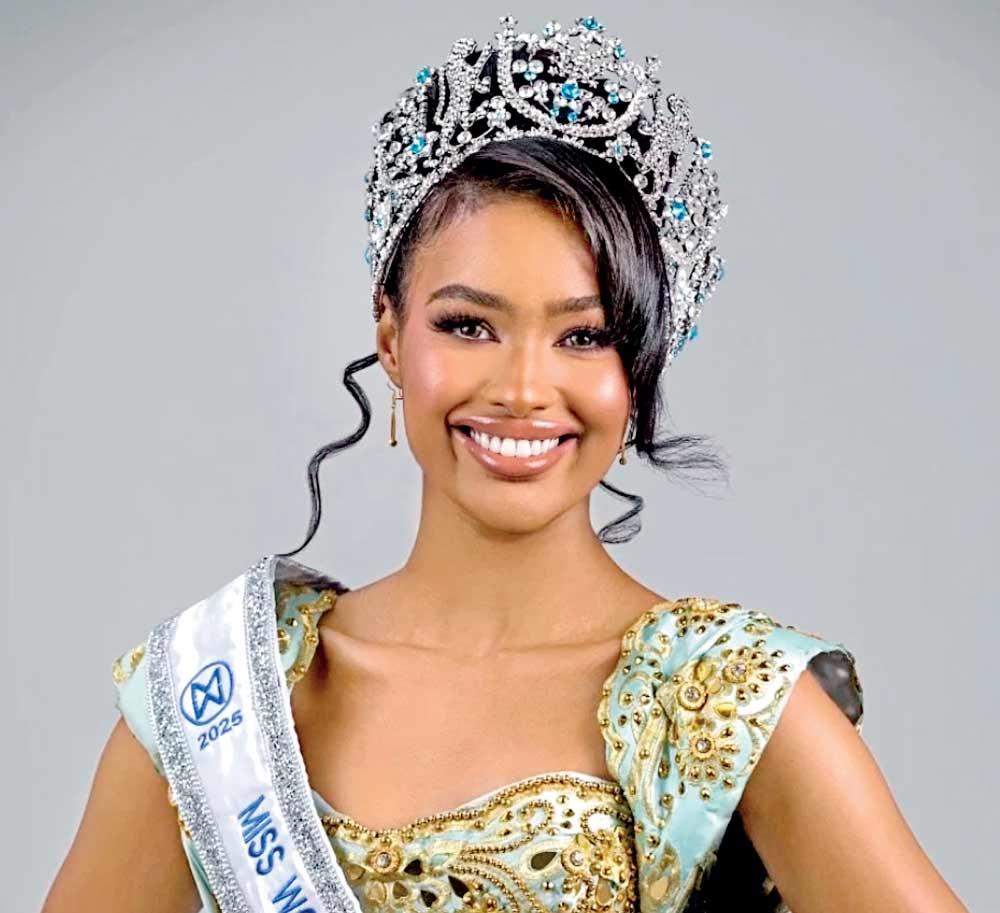
A New Generation Rising Against Female Genital Mutilation (FGM)
 FGM is not just a medical crisis it is a psychological one. Survivors often suffer from PTSD, depression, and sexual trauma
FGM is not just a medical crisis it is a psychological one. Survivors often suffer from PTSD, depression, and sexual trauma
In a world eager to applaud sequins and pageantry, few expected the crown of Miss World Somalia 2025 to bear the weight of centuries-old pain. But when Zainab Jama stood beneath the lights not to dazzle, but to defy what followed was no ordinary beauty queen’s speech. It was a clarion cry from a survivor and it cut through the air with authority of pain, truth and a demand for justice. With calm defiance, she declared: “I am not here to wear a sash, I am here to tear down silence. What was done to me was not culture. It was cruelty dressed in ceremony.” And just like that, a global audience blinked, startled, shamed, awakened.
01
The Hidden War Against Women’s Bodies
Female Genital Multilation(FGM) is a ritual of cutting or removal of some or all of the external female genitalia for non-medical reasons. FGM is not a cultural footnote. It is an atrocity committed with surgical precision under the pretext of purity. According to the World Health Organization, over 200 million women and girls alive today have undergone FGM. The practice spans more than 30 countries across Africa, the Middle East, and Asia and it refuses to die, clinging to customs that masquerade as virtue. In Somalia, where 98% of women between the ages of 15 and 49 have been cut, the numbers are not statistics. They are screams. And Zainab Jama has chosen to echo them, no longer in whispers, but in war cries. What is more disturbing is that the practice is often performed on girls between the ages of 5 and 11, typically without anesthesia and by traditional practitioners using non-sterile instruments. In some cases, it leads to death. “I was five when it happened,” she recounted. “They said I’d become a woman. But what they took from me was not innocence, it was agency.” Such testimonials are often scrubbed from polite conversation. They’re dismissed as “sensitive.” But FGM is not sensitive. It is savagery veiled in lace and linen. It is a wound passed down like heirloom.
02
The Legacy of Waris Dirie: When the Desert Spoke
If Zainab Jama is today’s voice of defiance, then Waris Dirie was the original roar. The Somali-born supermodel-turned-activist cracked the world’s conscience wide open with her autobiography, Desert Flower (1998). In Desert Flower, Dirie recounts the horrifying moment her genitals were cut in the Somali desert with a dull razor, with no medical oversight. She bled for days, nearly dying. But she survived and went on to become one of the world’s leading anti-FGM advocates. Desert Flower wasn’t just a memoir. It was a manifesto. A blood-soaked prayer for change that carved its place in modern feminist literature. Through it, Dirie exposed the unspoken brutality etched into Somali girlhood, launching campaigns, UN partnerships, and the Desert Flower Foundation, which works globally to end FGM through education and policy reform. Zainab Jama’s speech is not an echo, it is a revival. It tells us that Dirie’s work was not in vain, but neither is it complete.
03
Beyond the Blade: The Politics of Silence
FGM persists not just because of tradition, but because of complicity. Governments nod at culture, courts hide behind loopholes, and communities dismiss survivors as corrupted or “Westernised.”Even in Somalia, where the provisional constitution prohibits FGM, there is no national criminal law to enforce it. The blade is banned on paper and blessed in practice. Until silence is criminalised, the cutting continues. Zainab asks: “If a practice causes death, fear, and trauma; what more evidence do we need to call it a crime?” This is not a matter of cultural preservation. It is a test of our moral boundaries. Are we willing to draw the line at blood?
04
The Western Gaze: When Feminism Forgets
The Western feminist movement has long had a blind spot. Conversations about bodily autonomy rage when it concerns abortion access or gender identity, but fall eerily silent on FGM. Why? Because the women mutilated are brown. Because the practice is far away. Because the violence is packaged as ‘custom.’ But feminism, if it is to be universal, must refuse the luxury of selective outrage. FGM cannot be filed under “cultural sensitivity.” It is gender-based torture, and it demands rage, not restraint.
05
Global Action: Progress on Paper
To be fair, the world has tried. The United Nations General Assembly passed a resolution in 2012 calling for a global ban on FGM. The Sustainable Development Goals aim to eliminate it by 2030. Over 40 countries have outlawed it including Egypt, Nigeria, and Sudan.Yet laws without enforcement are syringes without needles. They look good. They change nothing.The United Nations Population Fund (UNFPA) estimates that 4 million girls are at risk every year. And because population growth outpaces education and reform, the actual number of victims is rising.
06
Hope is a Dangerous Weapon
Still, amidst the despair, a fragile hope emerges and it is dangerous. Because hope creates defiance. It empowers women to reject shame. To speak.And when women speak especially women with crowns the world listens. Zainab Jama is more than Miss World Somalia. She is a cultural disruptor, a modern abolitionist, and a human rights diplomat without a passport. She has done more with one speech than some institutions have done in decades.
07
Education: The Scalpel Against the Blade
One of the most effective tools against FGM is not the law, it is literacy. Girls who stay in school are significantly less likely to undergo FGM. Educated parents especially mothers are more likely to reject the practice. Education changes minds. And mindsets change everything.But education must be accompanied by community dialogue, male allyship, and grassroots mobilisation. Ending FGM cannot be an imposition from above. It must be an uprising from within. The Desert Flower Foundation understands this. Its programs in Ethiopia, Sierra Leone, and Djibouti include school curricula, women’s empowerment groups, and alternative rites of passage. These initiatives show that change is possible; when people are willing to look tradition in the eye and say “enough.”
08
Beyond the Pain: Healing and Justice
FGM is not just a medical crisis it is a psychological one. Survivors often suffer from PTSD, depression, and sexual trauma. Many remain unmarried, stigmatized, or silenced. But increasingly, survivors are rewriting that script. Zainab Jama’s speech is not just testimony it is transformation. In speaking, she moves from victim to vanguard. She is the embodiment of what healing looks like: vocal, political, unapologetic. And she is not alone. Across Africa and the diaspora, a new wave of survivor-activists is rising. They are not asking for pity. They are demanding justice.
09
A Final Plea: No More Desert Flowers
In those lines lies the thesis of a movement. A dream where girls inherit joy, not trauma. A world where Desert Flower becomes historical fiction not a memoir. The beauty industry is often accused of being superficial. But when Zainab Jama put down the glitter and picked up the megaphone, she showed us that beauty can be resistance. That glamour can be activism. And that a sash can sometimes carry more weight than a statute. The world does not need another pageant speech. It needs a revolution. And in the fierce light of Zainab Jama’s truth, that revolution just might begin.


